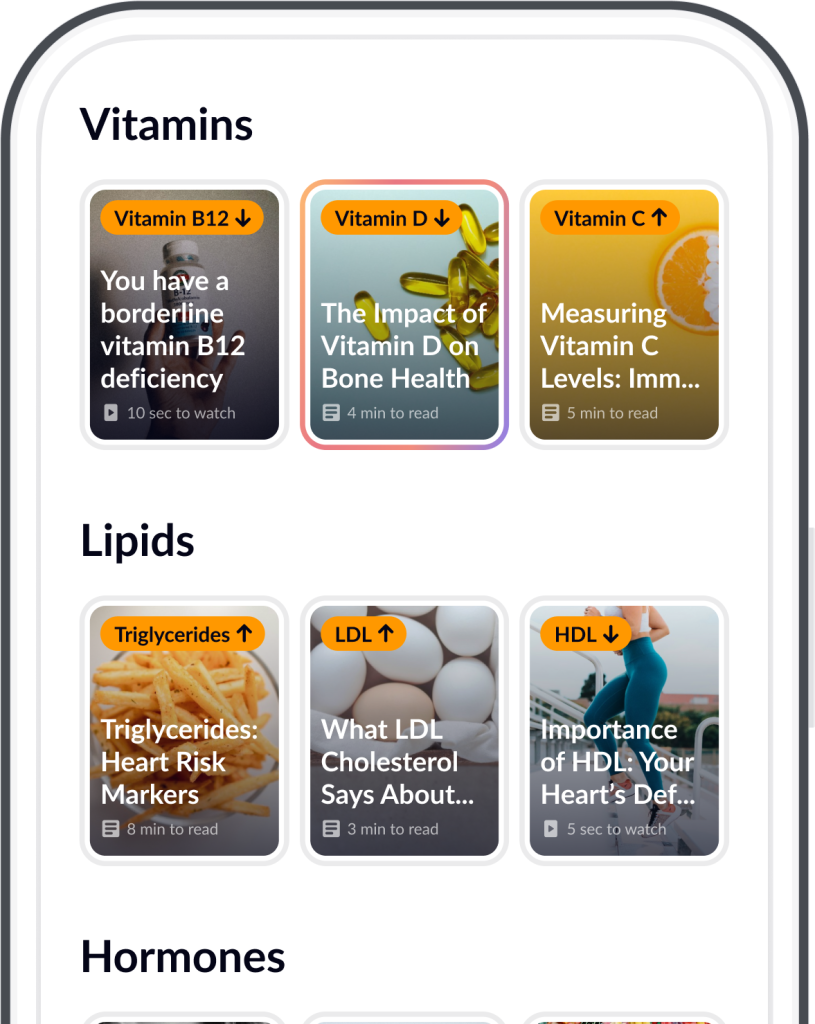Vitamin B12 Deficiency: A Silent Driver of Mental Problems

Vitamin B12 deficiency is a serious health concern that can affect multiple systems in the body. Vitamin B12, also known as cobalamin, plays a crucial role in maintaining nervous system function, supporting red blood cell formation, and preserving cognitive health. When left unaddressed, a deficiency in this vital nutrient can lead to anemia, neurological impairments, and even dementia.
One of the key consequences of vitamin B12 deficiency is the accumulation of two harmful substances: methylmalonic acid (MMA) and homocysteine. Elevated MMA disrupts mitochondrial function—the energy-producing centers of cells—resulting in fatigue, impaired cellular performance, and neurological symptoms such as weakness, numbness, poor coordination, and cognitive decline. At the same time, increased homocysteine levels have been strongly linked to a higher risk of cognitive dysfunction, depression, dementia, and cardiovascular disease.
This article has not yet been reviewed. The most recent update was made on May 18, 2025.
Why Is Vitamin B12 Deficiency Dangerous?
A vitamin B12 deficiency primarily affects blood formation. It can lead to megaloblastic or hemolytic anemia—a condition in which the body destroys its own immature red blood cells in the bone marrow1. This results in reduced oxygen delivery to tissues, causing a range of symptoms from fatigue to heart failure.
Common signs of deficiency include:
- Mild deficiency: reduced red blood cell count, fatigue, chronic tiredness, weakness.
- Moderate deficiency: mouth ulcers, glossitis (inflammation of the tongue), hair loss, joint pain, tingling sensations, tinnitus.
- Severe deficiency: heart failure, ataxia (loss of coordination), dementia, delirium, depression, hallucinations, stupor2.
These symptoms may mimic other serious conditions, including idiopathic thrombocytopenic purpura—but unlike many other causes, B12 deficiency anemia is treatable. Supplementation through oral tablets or intramuscular injections can be life-saving3.
RELATED ARTICLES
Vitamin B12 Deficiency – A Common but Overlooked Cause of Anemia
Vitamin B12 deficiency is a frequent and often underestimated cause of anemia. Contributing factors include:
- low intake of animal-based protein, particularly in vegans4.
- past surgeries involving the stomach or ileum5.
- autoimmune gastritis or age-related gastric mucosal atrophy.
- age-related absorption issues, especially in older adults6.
- long-term use of proton pump inhibitors (PPIs).
In vegans, the deficiency can be especially deceptive — high levels of folic acid in the diet may mask vitamin B12 deficiency without lowering hemoglobin levels. However, the risk of neurological damage remains high despite normal blood counts.
Impact on the Brain and Mental Health
Vitamin B12 plays a key role in the metabolism of neurotransmitters, including dopamine. When B12 is deficient, the activity of dopamine receptors in the brain may decrease, directly affecting cognitive function and mood. Some therapeutic approaches to depression and dementia aim to stimulate these receptors78.
Low vitamin B12 levels have been linked to:
- depression
- anxiety
- memory decline
- irritability
- and over time — an increased risk of dementia and even premature death.
» Tired and overwhelmed? Check your allostatic load — the science of stress impact.
Which Foods Contain Vitamin B12?
Vitamin B12 is not synthesized by plants and is found only in animal-derived foods:
- liver and kidneys
- red meat
- fish (especially mackerel, salmon, and tuna)
- seafood (oysters, mussels)
- eggs
- dairy products (cheese, yogurt, milk)
For vegans, it is essential to fortify the diet or take vitamin B12 supplements in the form of methylcobalamin or cyanocobalamin.

Why Should You Track Your Vitamin B12 Levels?
Vitamin B12 deficiency can silently progress over several years, causing hidden damage to your body. It affects not only your energy levels but also brain function, vascular health, bone density, and mental well-being. That’s why it’s important not just to do a yearly blood test, but to understand which biomarkers to track and how to interpret them in the context of your overall health.
A low B12 level in your blood doesn’t always confirm a deficiency — and normal values don’t always rule it out. In cases of subclinical deficiency, your total B12 might appear normal, while an elevated level of methylmalonic acid (MMA) reveals a functional deficiency at the cellular level.
If you want more than just lab results — if you want to understand and manage your vitamin and biomarker levels in a meaningful, data-driven way — that’s exactly what Healsens is designed for.
With Healsens, you can:
- integrate lab test results into your personal health picture
- track changes in biomarkers over time
- receive personalized recommendations when further testing is needed, such as MMA testing in borderline cases
- determine whether low B12 is affecting red blood cell production, neurological function, or cognitive performance
Smart interpretation based on your medical history, age, and risk profile helps you spot early warning signs and take action before it’s too late.
📲 Install the Healsens app to gain access to reliable tools for monitoring and supporting your health.
How to Test Your Vitamin B12 with Healsens
The most reliable way to detect a vitamin B12 deficiency is through a blood test measuring total vitamin B12. In some cases, it’s also recommended to check additional markers like methylmalonic acid (MMA) and homocysteine to rule out a hidden deficiency at the cellular level.
Living in the Netherlands, Belgium, or Germany? You can easily check your vitamin B12 levels through the Healsens app.
Here’s how to order the test:
1. Download the Healsens app from the Google Play or the App Store, depending on your device.
2. Register in the app to unlock personalized features.
3. Go to “Browse Tests” and search for the Vitamin B12 test.
4. Tap “Add to Cart” and complete your order.
5. Want deeper insight? Add the MMA test as well for a more accurate diagnosis of functional deficiency.
» This test is also included in the Vitality Check: 21 Biomarkers & Biological Age Kit — a popular starting point if you want a broader overview of your micronutrient status, energy, and biological aging.
Note
Not in the Netherlands, Belgium, or Germany, or using a different lab? No problem — you can have the recommended blood tests done at any local lab.
Then, manually enter your results in the Healsens app. Based on your data, you’ll receive:
✦ natural recommendations to help improve your values
✦ a complete health risk assessment
✦ personalized insights and follow-up guidance
Healsens remains your personal guide to preventive health — no matter where you are.
FURTHER READING
Source: ©️2019 Healsens B.V. All right reserved
- When the picture is fragmented: Vitamin B12 deficiency masquerading as thrombotic thrombocytopenic purpura
- Vitamin B12 deficiency
- When the picture is fragmented: Vitamin B12 deficiency masquerading as thrombotic thrombocytopenic purpura
- Metabolic vitamin B12 status on a mostly raw vegan diet with follow-up using tablets, nutritional yeast, or probiotic supplements
- Anemia after gastrectomy in long-term survivors of gastric cancer: A retrospective cohort study
- Vitamin B12 (cobalamin) deficiency in elderly patients
- D4 dopamine receptor-mediated phospholipid methylation and its implications for mental illnesses such as schizophrenia
- Activation of methionine synthase by insulin-like growth factor-1 and dopamine: a target for neurodevelopmental toxins and thimerosal




